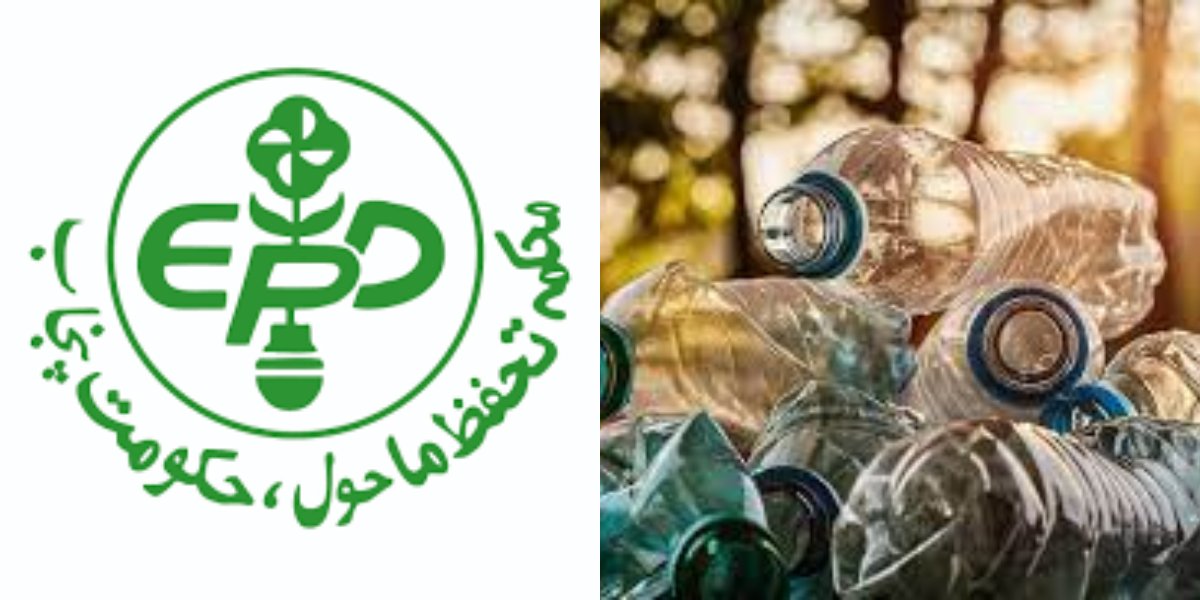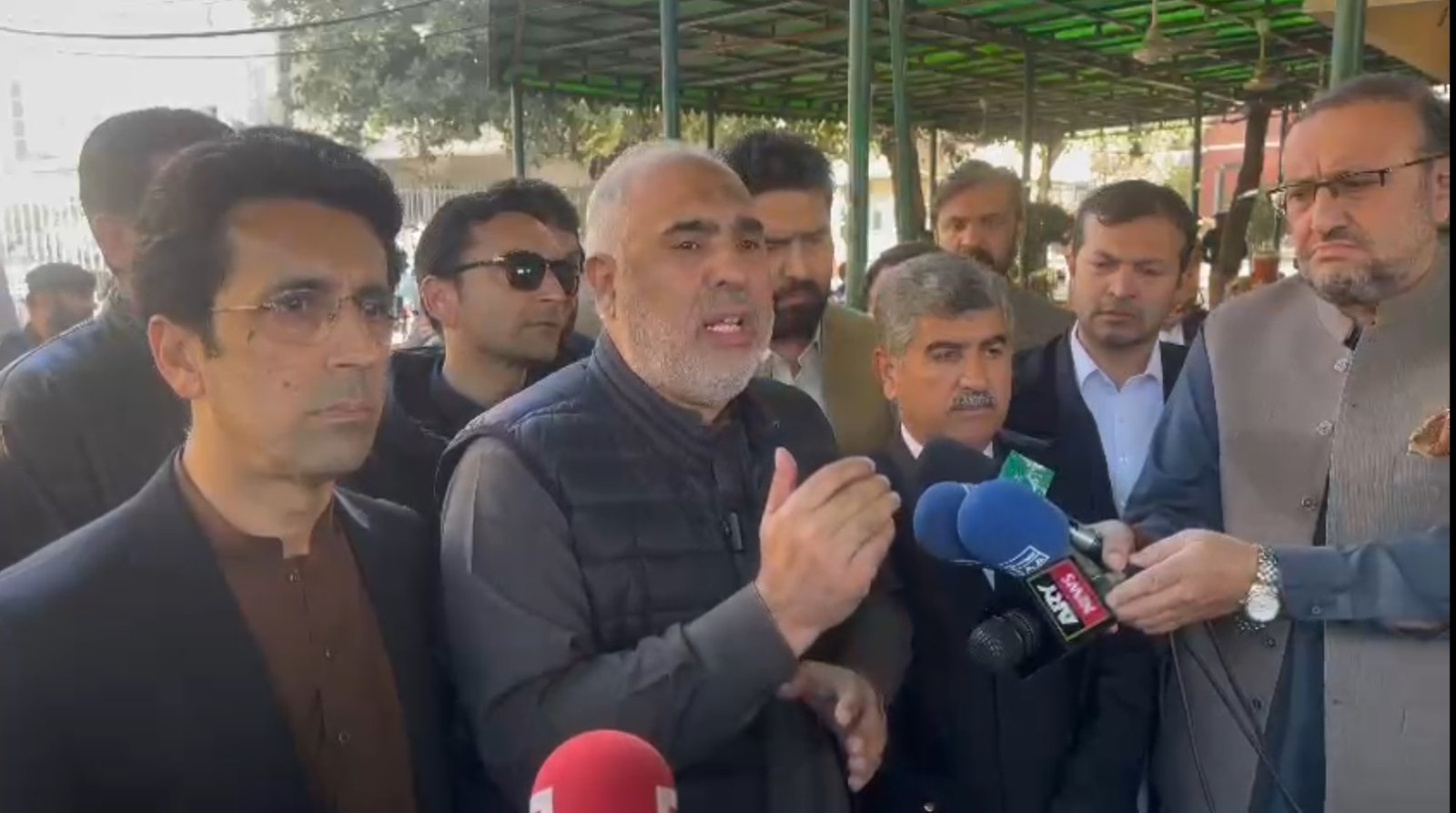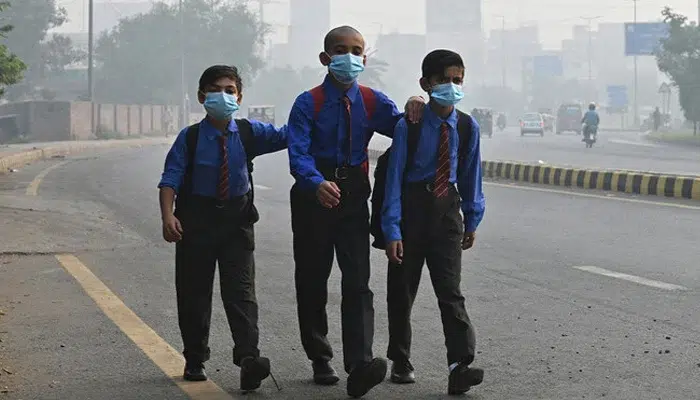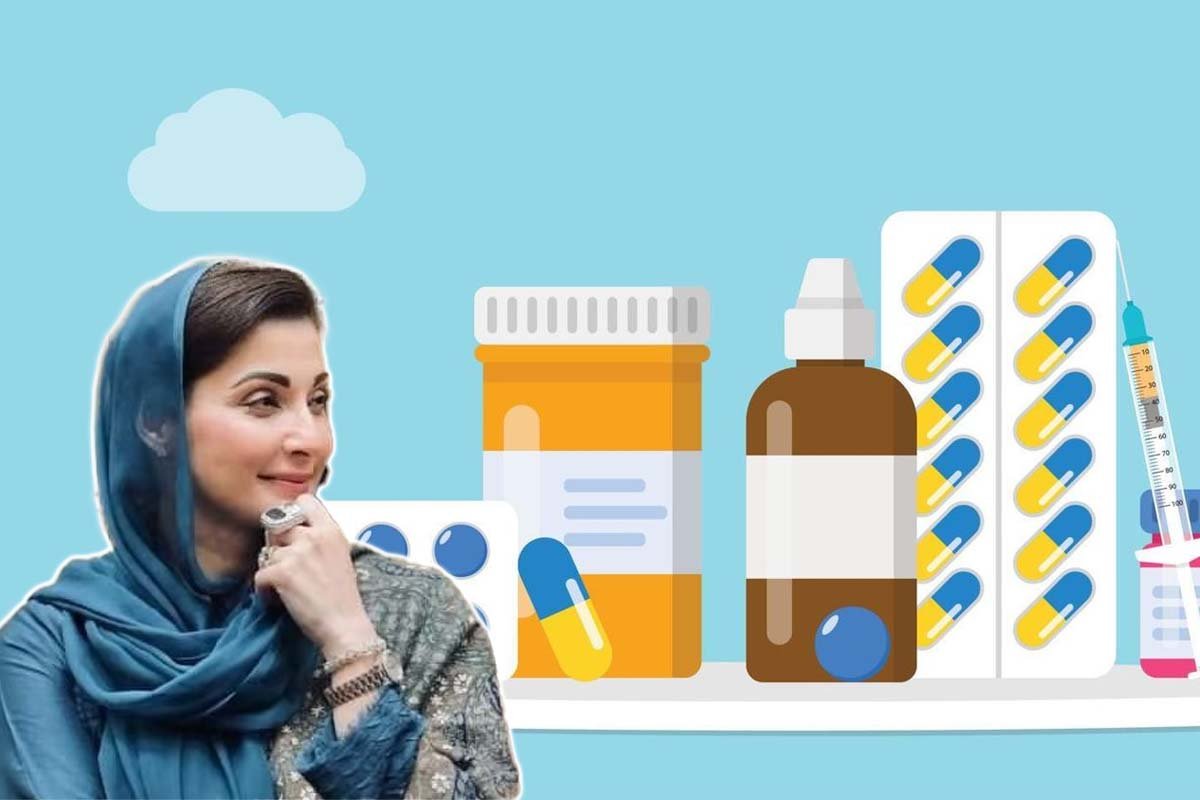LAHORE: The Punjab Environmental Protection Agency (EPA) has announced a crackdown on single-use plastic starting December 10.
A notification has been issued outlining amendments to plastic use regulations, with penalties ranging from Rs. 5,000 to Rs. 50,000 for violations.
The EPA has banned producing, selling, and purchasing plastic shopping bags thinner than 75 microns. Violators may face fines, material confiscation, and premises sealing.
The EPA has instructed authorities to intensify public awareness campaigns and collaborate with media for better outreach. Meetings with Deputy Commissioners (DCs) and District Police Officers (DPOs) have been scheduled to enforce the ban efficiently.
Citizens have been given a grace period until December 9 to stop using single-use plastics. Plastic Management Committees have been formed in every district to ensure effective implementation of the ban.
Strict action will be taken against those involved in the production, sale, and use of banned plastics, with full support from local administrations and police.
Environmental risks of plastics:
Single-use plastics cause significant environmental risks due to their pervasive use and improper disposal. Some of them are listed below:
- Single-use plastics often end up in landfills or as litter in natural environments, where they can take hundreds of years to decompose.
- They contribute to visual pollution, and degrading landscapes and waterways.
- Marine and terrestrial animals often mistake plastic for food, leading to ingestion that can cause internal injuries, starvation, and death.
- As plastics break down into microplastics, they contaminate soil and water sources.
- The production and disposal of single-use plastics involve significant fossil fuel consumption, contributing to greenhouse gas emissions and climate change.
- Discarded plastics clog drains and waterways, exacerbating flooding in urban areas, particularly during heavy rains.
- Plastics release harmful chemicals, such as bisphenol A (BPA) and phthalates, into the environment during degradation, affecting ecosystems and public health.
- The use of non-renewable resources, such as petroleum, for products intended for short-term use is unsustainable and wasteful.
- Oceans bear the brunt of plastic pollution, with vast amounts of plastic forming garbage patches (e.g., the Great Pacific Garbage Patch), disrupting marine ecosystems and biodiversity.
Read more: Petrol and diesel prices surge again
















